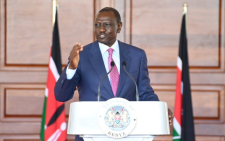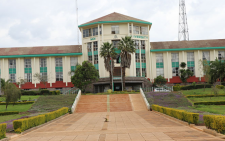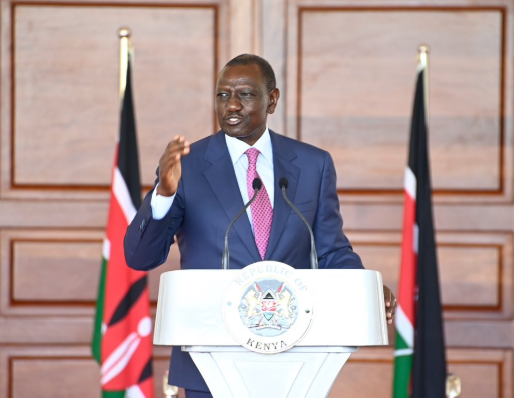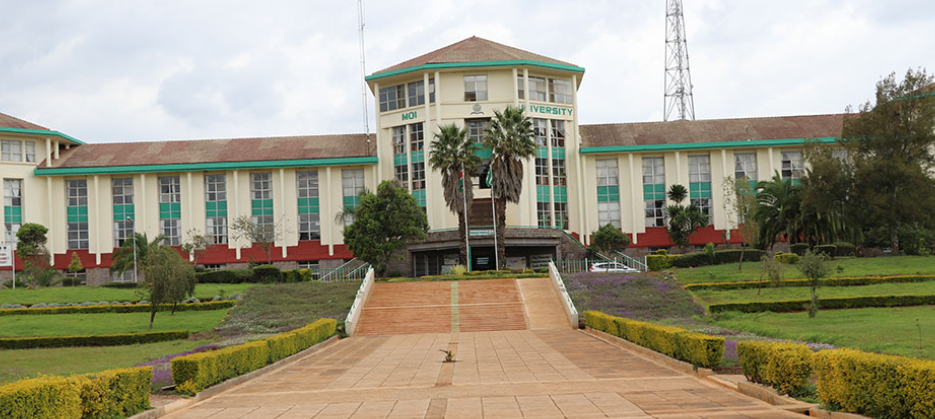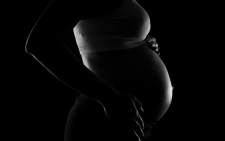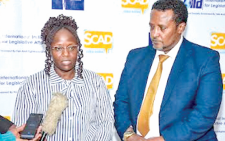Women who agree to carry a pregnancy for another person, popularly known as surrogates, will be allowed to enter into a surrogacy agreement only three times in their lives once amendments to the Assisted Reproductive Technology Bill become law.
The surrogate mother, as per the amendments proposed by the Departmental Committee on Health, will have to wait for two years between each birth to be eligible for another surrogacy agreement.
The new proposals came as MPs started considering the bill sponsored by Suba North MP Millie Odhiambo on the floor of the House.
Surrogacy agreement
Reads the amendment: “A surrogate mother shall not enter into a surrogacy agreement more than three times in her lifetime and shall be required to wait for two years between each birth to be eligible for another surrogacy agreement.”
The amendments further provide that a person shall not donate their gametes or embryos more than ten times.
Only men between 21 and 35 years of age will be eligible to donate their gametes or embryos which will be stored in a cryobank, which collects and stores human tissue for later use.
In the case of women, only those aged between 21 years of age and 35 years will be eligible, the bill states. “A person shall not perform a treatment procedure using gametes or an embryo produced by a donor if such procedure may result in more than ten children who are genetic siblings,” reads the amendments.
The new changes, if approved, will also see surrogate mothers entitled to three months of lochia leave while intended mothers will be entitled to three months of maternity leave. The intended father will be entitled to two weeks of paternity leave.
Make regulations
The proposed amendments have, however, left it to the Cabinet Secretary to make regulations on the discretionary and permitted payments to be made under a surrogacy agreement to determine the maximum sum of discretionary costs based on the principles of affordability, non-exploitation of the surrogate and nonexploitation of the intended parents.
The permitted costs include those touching on medical care and legal fees incurred in connection with surrogacy matters. Other costs include those incurred in ensuring the surrogate’s physical, mental and emotional well-being in connection with surrogacy matters, among them the costs for counselling, physiotherapy, antenatal classes and fitness classes, and pregnancy-related items for use by the surrogate including maternity clothes.
They will also include any costs arising from rise in food prices attributable to the surrogate pregnancy or to the surrogate entering the surrogacy agreement, any costs incurred in securing assistance with the performance of any day-to-day household task that would normally be performed by the surrogate and which she is unable to perform as a result of carrying or giving birth to a child conceived as a result of surrogacy; and the costs of compensating for loss of earnings suffered as a result of the surrogate entering into the surrogacy agreement.
In the event of multiple pregnancies arising out of a surrogacy agreement or where a child born out of a surrogacy agreement has congenital abnormalities, all the children born out of the pregnancy shall be the children of the commissioning parent or commissioning parents and the rights and obligations for all parties shall vest as if the pregnancy had borne only one child or normal child.
The intending couple or intending parent shall not abandon the child born out of a surrogacy procedure, whether within Kenya or outside, for any reason including genetic or birth defects, or those developing subsequent to the birth, the sex of a child born out of surrogacy, conception of more than one child; or any other medical condition.
Before carrying a pregnancy, a donor will have to undergo a pre-implantation diagnosis or testing for purposes of screening the human embryo or gamete for known, pre-existing, heritable or genetic diseases. The donation of an embryo after pre-implantation genetic diagnosis to an approved research laboratory for research purposes shall be done with the approval of the commissioning couple or woman; and when the embryo suffers from pre-existing, heritable, life-threatening or genetic diseases.
The amendments further propose that no person will be allowed to obtain a sperm or ovum from a child, or use any sperm or ovum obtained from a child except for medical reasons and future human procreation by the child and with informed consent of the minor and parent or legal guardian of the child.
Reads the amendment: To limit the number of donations of gametes and surrogacies for the health and well-being of surrogate mothers.”



